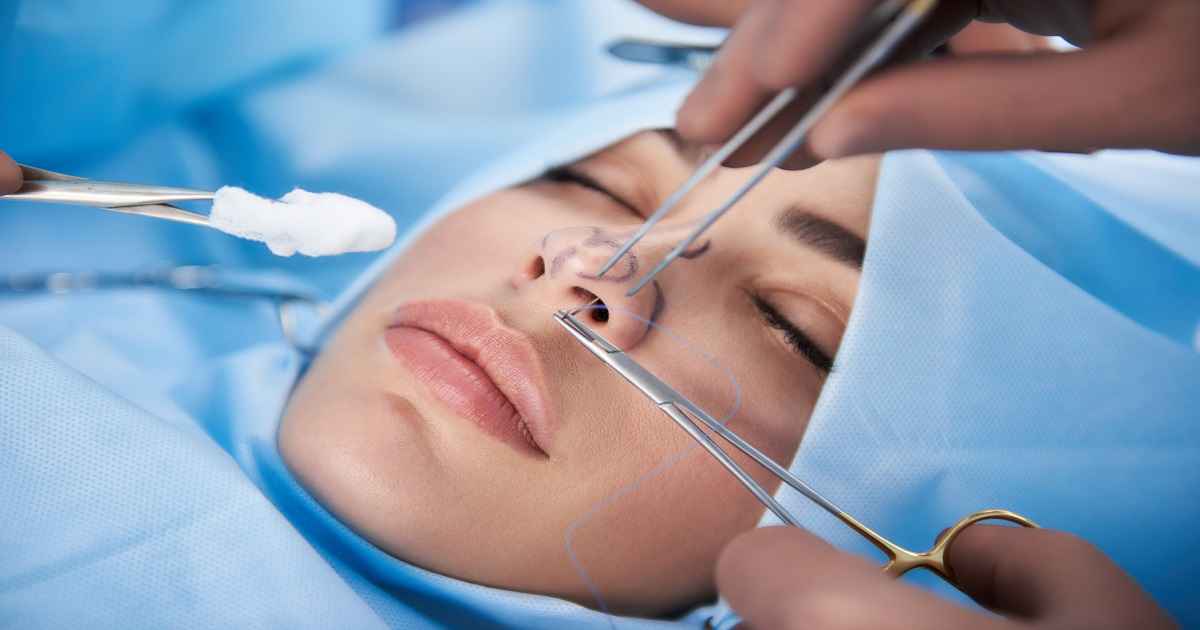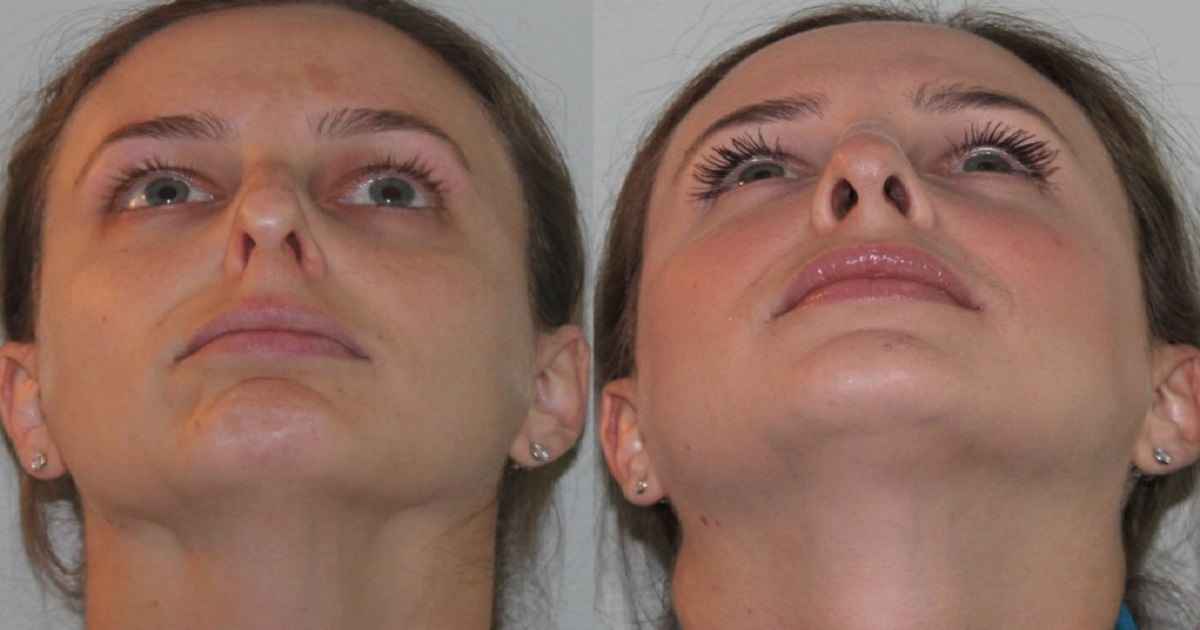Does Insurance Cover Deviated Septum Surgery
Introduction
When it comes to addressing breathing problems related to a deviated septum, surgery is often a recommended solution. Many individuals contemplating this procedure, known as septoplasty or deviated septum surgery, wonder if their insurance will cover the cost. In this comprehensive guide, we’ll explore the intricacies of insurance coverage for deviated septum surgery, including factors such as medical necessity, pre-authorization, and associated costs.
Key Takeaways
- Deviated septum surgery: The main topic of interest is whether insurance covers surgery for a deviated septum.
- Functional vs. cosmetic surgery: Insurance typically covers surgery for functional reasons like improving breathing, but not for cosmetic reasons.
- Cost and coverage: Users are interested in the cost of the surgery and whether their insurance will cover it.
- Medical necessity and pre-authorization: Insurance approval often depends on demonstrating medical necessity and obtaining pre-authorization.
Understanding Deviated Septum and Surgical Solutions
What is a Deviated Septum?
A deviated septum occurs when the thin wall between your nasal passages is displaced to one side, often leading to breathing difficulties. This condition can result from injury or be present from birth.
Surgical Options: Septoplasty and Rhinoplasty
- Septoplasty: This is a functional surgery aimed at fixing the deviated septum to improve breathing.
- Rhinoplasty: Often referred to as a nose job, this can be cosmetic or functional rhinoplasty, the latter being performed for medical reasons.
Insurance Coverage for Deviated Septum Surgery
Medical Necessity: The Key to Coverage
Insurance companies typically cover surgeries deemed medically necessary. To fix a deviated septum, insurance pay for septoplasty if it’s to correct breathing problems or other health issues caused by the deviated septum.
Pre-Authorization Process
Prior to surgery, obtaining pre-authorization from your health insurance provider is crucial. This involves your doctor justifying the medical necessity of the procedure.
Copay and Deductible Considerations
Be prepared for out-of-pocket expenses like copay and deductible, which vary based on your insurance plan.
Costs and Benefits of Surgery
Deviated Septum Surgery Cost
The cost of surgery can vary significantly, based on factors like location, surgeon’s expertise, and the specific procedure performed.
Insurance Cover for Rhinoplasty
Insurance cover rhinoplasty only if it’s a functional rhinoplasty. Cosmetic rhinoplasty usually isn’t covered.
Surgery Benefits
Beyond improving breathing, surgery can offer other benefits such as enhanced sleep quality and relief from sinus infections.
Procedure Details
Preparing for Surgery
Before the procedure, a thorough evaluation and discussion of your medical history with your surgeon are essential.
The Surgery Process
The procedure generally involves realigning the septum to the center of your nose, which may include cutting and removing parts of the nasal septum.
Recovery and Risks
Recovery Time
Recovery time varies, but most people return to normal activities within a week. Complete healing can take several months.
Surgery Risks and Complications
As with any surgery, risks include bleeding, infection, and complications related to anesthesia. Discuss these with your surgeon.
Success Rate and Long-Term Outlook
Success Rate of Surgery
The success rate of septoplasty is generally high, with most patients experiencing significant improvement in breathing.
Long-Term Effects
Most patients enjoy a permanent improvement in breathing, though in rare cases, additional surgery may be needed.
FAQ
- Have a deviated septum that causes difficulty breathing.
- Snore excessively that may disrupt your sleep or gives you trouble sleeping.
- Are physically healthy.
- Are a nonsmoker.
Conclusion
Deviated septum surgery, primarily septoplasty, can significantly improve quality of life. While insurance often covers functional surgeries, understanding your specific policy, the pre-authorization process, and potential out-of-pocket costs is essential. Always consult with a healthcare professional for personalized advice and information.












